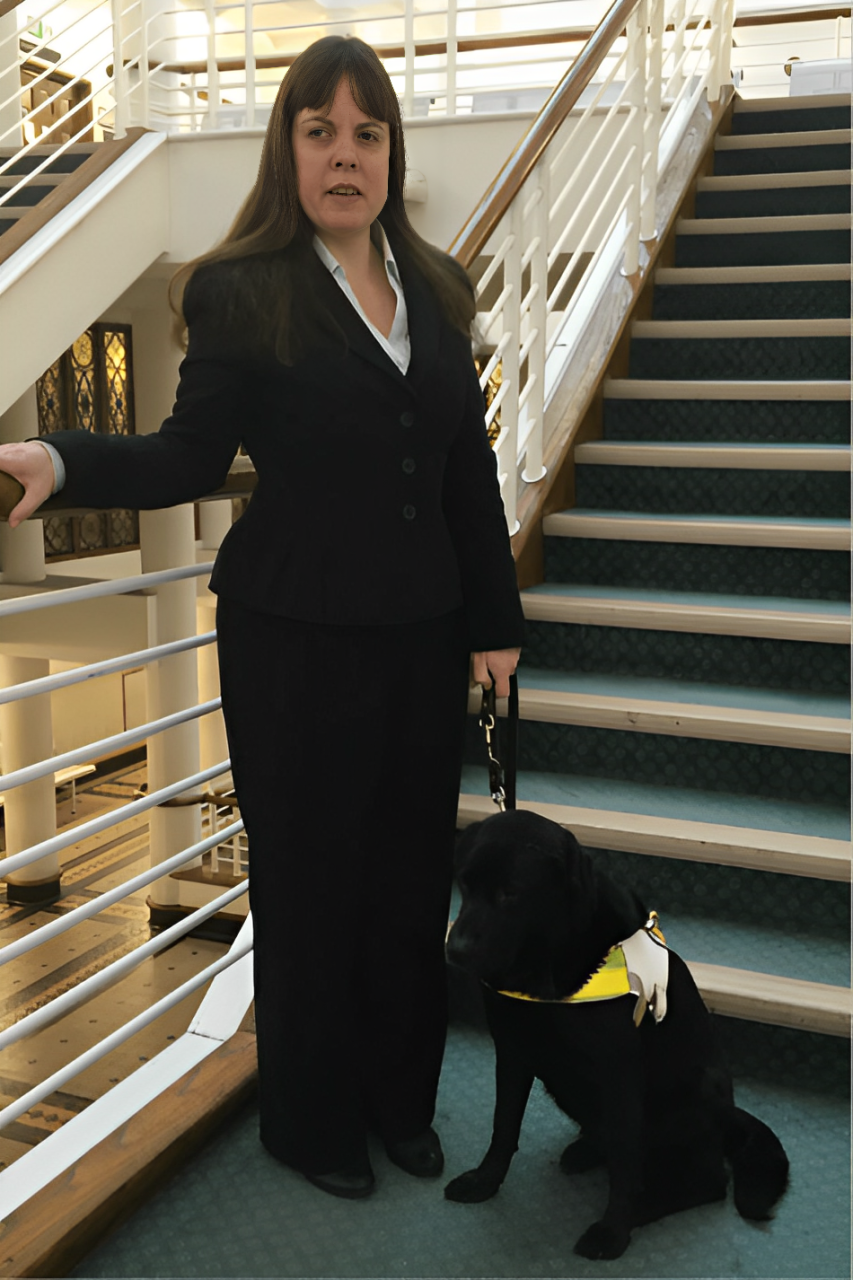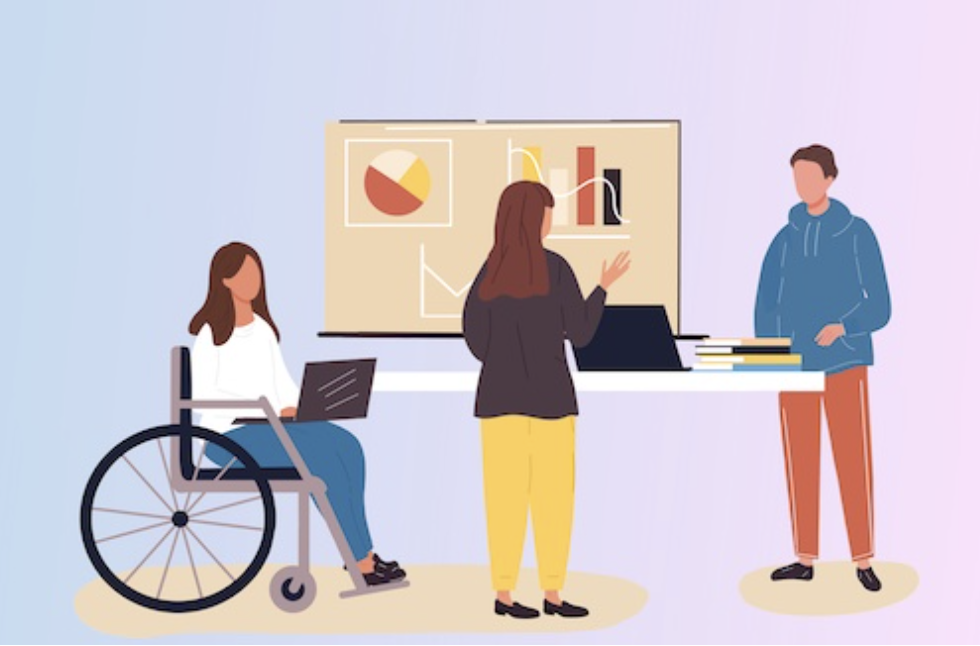We want to support you if you need an adjustment during the recruitment process. You can also discuss ongoing adjustments before starting a new job.
The Civil Service recruitment process includes various stages and activities – for example, application forms, online tests and interviews. These assess whether you meet the requirements of a job or job level.
The Civil Service is committed to making sure that our selection methods are fair to everyone.
To help you during the recruitment process, we will take into account any adjustments that could help you.
Some examples of adjustments that have been offered to candidates include:
- changing the time, location or format of interviews
- providing interview questions in written format
- providing interview questions in advance of the interview
- a sign language interpreter
- a supported test session, where a trained support worker can aid understanding or read the questions out loud
- additional time in timed tests, interviews or other assessment activities
- advice about assistive technology
This is not an exhaustive list and we will consider any adjustments that you might need.

Requesting a reasonable adjustment
When applying for a job using Civil Service Jobs, you will be asked if you need an adjustment at any of the stages in the process. This is the main way we identify those needing an adjustment during the recruitment process.
We want to support you if you need an adjustment in the recruitment process, even if you do not feel you qualify for the Disability Confident Scheme.
If you request an adjustment, you should provide:
- the reason you need an adjustment
- possible adjustments which could help and
- previous adjustments you have had (if any)
After you have applied, a recruiter or hiring manager should contact you to understand and confirm the type of adjustment you need.
Reasonable adjustments for online tests
When applying for a job using Civil Service Jobs, you will be asked if you need an adjustment to our online tests.
Adjustments will be offered based on your needs and considered on a case-by-case basis, so please don’t be afraid to ask for help if you think you need it.
Reasonable adjustments later in the recruitment process
You may realise later in the selection process that you should have requested an adjustment when submitting your initial application. If this happens, please request help from the named contact in the job advert.
For more information, you can read the government guidance on reasonable adjustments for disabled workers.
Workplace adjustments
If you are successful and offered a job, you can discuss ongoing adjustments before starting work.
Read more about the Civil Service’s workplace adjustments.
The Workplace Adjustment Passport
The Workplace Adjustment Passport can be useful for structuring your conversation about workplace adjustments with your manager, as well as being a record of your barriers, workplace adjustments and support they’ve agreed.
Sharing and regularly reviewing your completed Workplace Adjustment Passport with your manager will ensure your adjustments continue to meet your needs. Similarly, sharing this when you change roles or managers will enable a smooth transition and continuity of support.
Ruth Wylde has been a civil servant for 26 years and has a Workplace Adjustment Passport in place after a motorbike accident left her with pain and mobility problems.
Read Ruth’s blog where she explains why the Passport has been so useful for her.
Did you know?
The Civil Service currently has over 20 cross-government staff networks.
These include networks for people with both hidden and visible disabilities and provide a space for people from underrepresented groups to find community and support.
There are also supportive mental health networks.

“The Civil Service is happy to make reasonable adjustments. For example, at interview, I was asked in what format I would like the interview questions. I do not use Braille and use the same laptop as everyone else, but equipped with a speech synthesizer that ‘reads’ text on the screen.”
Lisa is a Criminal Barrister in the Crown Prosecution Service
Lisa Boocock and Bess


Do you know about Civil Service employee benefits?
A work-life balance is key for us all. We offer a wide range of benefits, with you, your family, and your future in mind. Our annual leave and pension schemes are very competitive. We offer flexible working where we can and health, well-being and discount schemes.

“A new job can be scary, talking about your anxiety shouldn’t be”
Civil Service recruit, Alex Lennie, talks about the importance of being able to talk openly to her manager about finding solutions that have helped her thrive in the workplace.

The Disability Confident Scheme
The Civil Service runs a Disability Confident Scheme, offering an interview to a fair and proportionate number of disabled applicants that meet the minimum selection criteria for the job.
